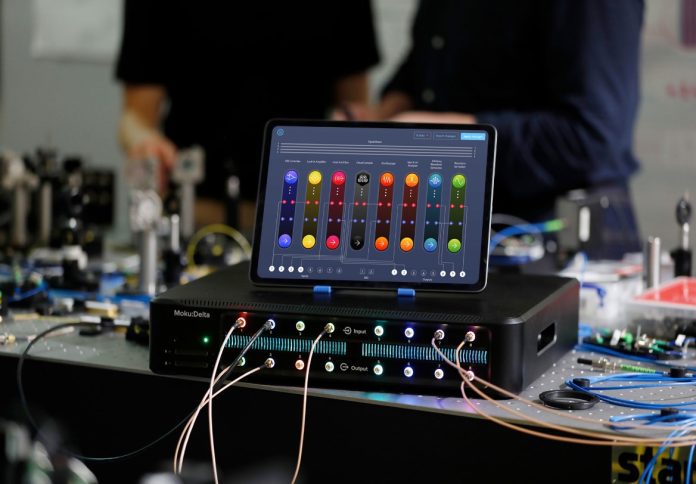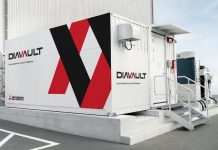
Canberra-based software-defined instrumentation company Liquid Instruments has introduced what it describes as an industry-first approach to test and measurement, unveiling a new capability called Generative Instrumentation.
The technology, powered by AI and natural language inputs, allows engineers to design and configure custom test instruments with greater flexibility and responsiveness to complex testing demands.
The breakthrough is enabled by Liquid Instruments’ newly released Moku:Delta platform, a high-performance 2 GHz test device that offers unprecedented configurability.
According to the company, Moku:Delta supports more than 2 billion possible instrument combinations and integrates up to eight instrument slots with 15 standard instruments.
It also includes a high-resolution oscilloscope, a full-spectrum analyser that captures signals from DC to 2 GHz, and what Liquid Instruments says is the highest-channel-count, ultra-low-noise microwave lock-in amplifier available on the market.
“This represents a fundamental shift in how engineers interact with test equipment,” said Dr Rory Smith, Lead AI Instrumentation Engineer at Liquid Instruments.
“We see a future where engineers and scientists describe what they want, and the instrument configures itself. Generative Instrumentation won’t just simplify everyday tasks — it will enable the creation of entirely new capabilities on demand.”
Liquid Instruments said the Generative Instrumentation capability will be available in an upcoming update to MokuOS, its operating system across the Moku product suite.
The company sees the combination of AI, software adaptability, and precision hardware as a transformative tool for sectors such as quantum research, semiconductor development, and aerospace and defence.
“Our goal with Moku:Delta was to help engineers go faster, think bigger, and stay focused on solving the hard problems,” said Daniel Shaddock, CEO of Liquid Instruments.
“It’s also the first step in a new era of generative instrumentation, bringing together the performance of hardware, the flexibility of software, and the creative potential of AI.”
The product has already drawn positive responses from early users. Associate Professor Francis Bennet, who leads the laser communication research group at the Australian National University’s Research School of Astronomy and Astrophysics, welcomed the development.
“Moku:Delta’s leap in bandwidth and channel count is exactly what we’ve been waiting for. We’ve never had this level of flexibility and performance combined in a single platform,” he said.
Moku:Delta was officially launched at BMW Welt in Munich and is now available for order. More information can be found at liquidinstruments.com/delta.


















